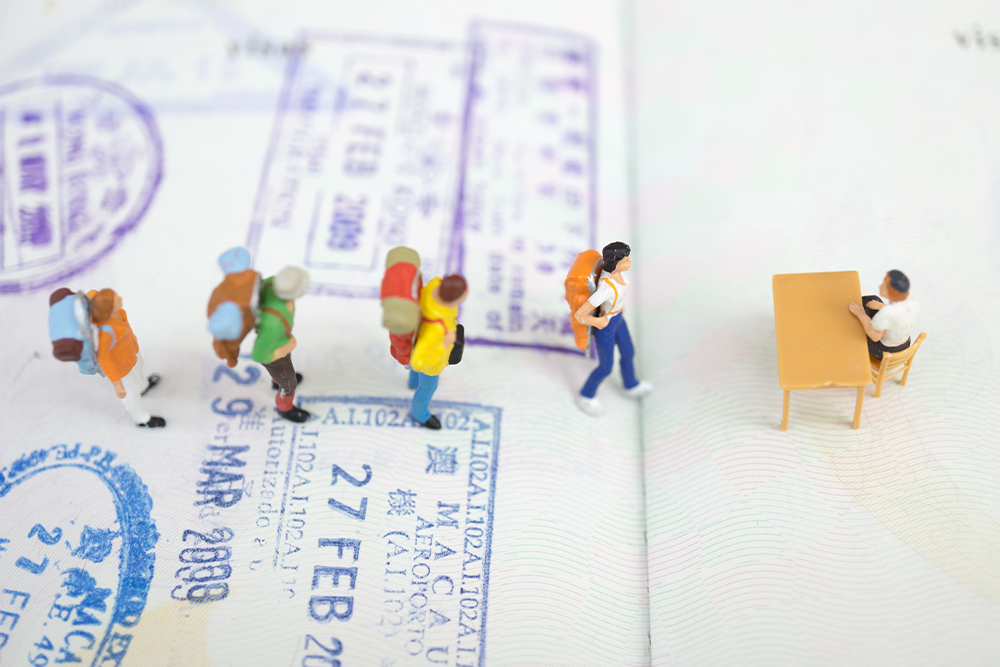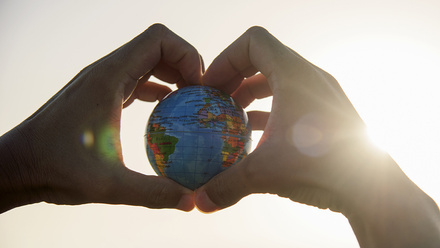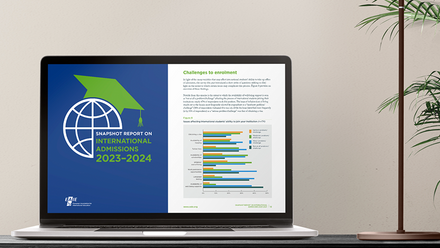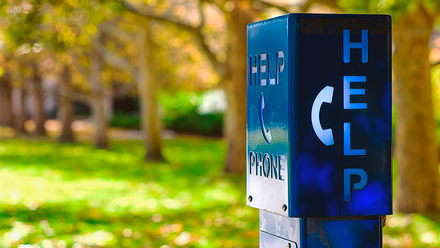Qualifications Passport: a global recognition for refugees

In our A tool with global potential: Qualifications Passport for Refugees in September 2019, we argued that a global introduction of Qualifications Passports for refugees would benefit forcibly displaced people worldwide and host countries alike, by offering individuals a better chance at making full use of their potential. We also argued that such an introduction would be feasible.
Only two months later, in November 2019, the ambitious hope for a Global Qualifications Passport for Refugees became a reality. The first ever UNESCO Qualifications Passports for Refugees and Vulnerable Migrants (UQP) were issued at UNESCO’s General Conference in Paris.
From dream to reality
Collective multi-national efforts for tailoring assessment of qualifications held by refugees are needed for addressing a challenge that has drawn increasing attention internationally. We have been following the expansion of the methodology, developed by NOKUT, with excitement. First, the methodology of the Qualifications Passport was successfully introduced in Norway in 2016. Secondly, based on these experiences, the Council of Europe introduced the European Qualifications Passport for Refugees (EQPR) in 2017, and so far over 450 EQPRs have been issued. Thirdly, and as importantly, UNESCO established the UNESCO Qualifications Passport in the second part of 2019.
The past months of the year 2020 continue to seem surreal, as if taken from a science fiction book or a movie. Yet, the COVID-19 pandemic is real; it is global and it will be with us for a long time, as its longer-term economic and social impacts will be lasting and deep. When trying to foresee what the ‘new normal’ will look like, it is important to remind ourselves that higher education – as a sector that commands respect and represents the progressive forces in society – must play a major role in helping to shape the post-COVID-19 world, by keeping in mind the aspect of social responsibility in furthering sustainable development.
A tool for sustainable development
Refugees and vulnerable migrants’ access to education has been high on the agenda of the UN since the adoption of the Sustainable Development Goals (SDGs). SDG4, in particular, aims to ‘ensure inclusive and equitable quality education and promote lifelong learning opportunities for all’ by 2030.
Quality education is among the top priorities of most public authorities and institutions. In this respect, we should not forget that the quality and relevance of higher education are also measured by the extent to which it offers possibilities to all students in accordance with their talents and aspirations.
Global tools should be the way forward and the continuation of the UNESCO Qualifications Passport for Refugees and Vulnerable Migrants should be a top priority
The Marrakesh Compact on Safe and Orderly MigrationMarrakesh Compact on Safe and Orderly Migration is one of many international policy papers that underline the importance of access to higher education for providing good integration and opportunities for refugees to flourish in their new host countries. The UN High Commissioner for Refugees aims at having 15% of the world’s refugee youth enrolled in higher education by 2030, a high target but one that is worth aiming for. Today, this figure is as low as 3%.
It is highly rewarding to see this increased attention. We have for many years seen how opportunities are taken away from individuals while they await acknowledgement of their qualifications.
A vision altered by COVID-19?
Policymakers across the world have embraced the UN Sustainable Development Goals as a symbol of action and political discourse during these times of increased inequality, and in the face of the many challenges we are confronting these days. Despite obstacles and hurdles caused by COVID-19, various actors around the world are using this opportunity to come together in solidarity and turn the crisis into a catalyst to achieve the SDGs.
The European Qualifications Passport for Refugees (EQPR) as well as the recommendation adopted by the Lisbon Recognition Convention Committee in 2017 are good examples of policy and practice adapted to new circumstances, and the COVID-19 pandemic makes using the medical competences some refugees have from their home countries especially important. In many countries, there is an untapped reserve: refugees and migrants, many of whom have health-related qualifications, as pointed in the recent Council of Europe and the UNHCR statement.
In cooperation with the UNHCR, the Council of Europe organised interviews of refugees with health-related qualifications in the first instance in France and Italy in May and June 2020, aiming to cover all relevant qualifications. The scheme has the potential to include other countries as well.
The EQPR does not offer or substitute a professional licence, but it can identify refugees qualified to assist in the current crisis and can contribute to the identification of individuals whose qualifications can then be taken into account in a professional licensing procedure.
As Sjur Bergan, head of the Education Department at the Council of Europe and the winner of the 2019 EAIE Award for Vision and Leadership, eloquently puts it in an article on University World News with one of the co-authors of this blog post: “The EQPR will not solve the COVID-19 crisis, but it can be part of the solution if the means and the will to make use of it are there.”
Indeed, being able to take advantage of one’s qualifications is a way to gain dignity, self-respect and independence. Our job as higher education institutions and recognition offices include empowering individuals and supporting their development into valuable contributors in their new societies.
International commitments
Article VII of the Lisbon Recognition Convention commits all signatory countries to have timely, fair and transparent procedures for recognising qualifications held by refugees, also when qualifications are lacking. Designing efficient, scalable and trusted methods for ensuring this was not an easy task. The Lisbon Recognition Committee should take credit for answering this challenge by adding concrete recommendations in November 2017 to help signatory countries succeed in their commitment.
With the adoption of the Global Recognition Convention, all member states of UNESCO declared to commit to recognise refugees’ qualifications worldwide. Global tools should be the way forward and the continuation of the UNESCO Qualifications Passport for Refugees and Vulnerable Migrants should be a top priority. This tool aims to expand the scope of qualifications passports globally in harmony with the EQPR, which is already in place in Europe.
Solidarity, collaboration and coordinated action among various actors towards achievement of the SDGs is becoming increasingly important in our current situation. Working together in this way can provide a timely opportunity to reflect on the role and the interplay of various actors at the local, regional, national and international level in fostering innovation for the best of the individuals and societies.






